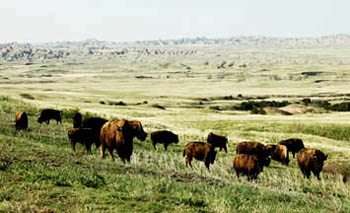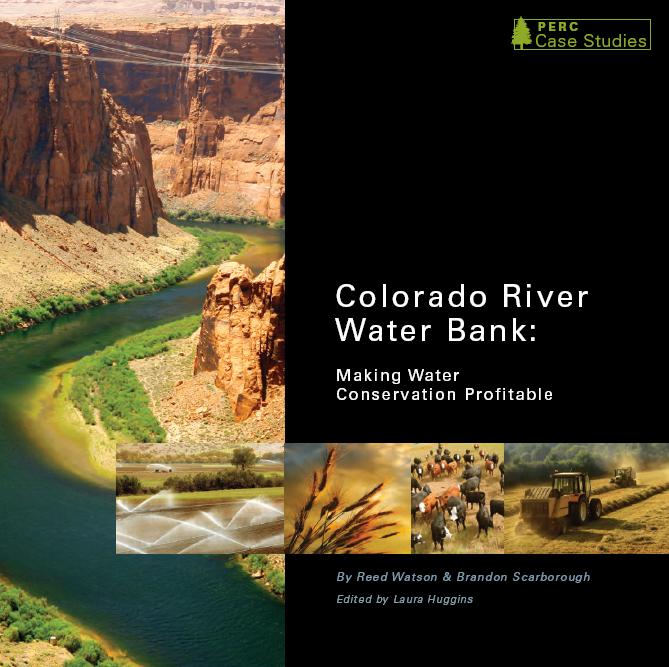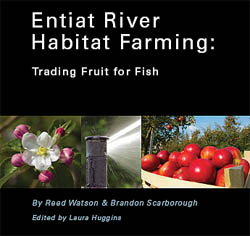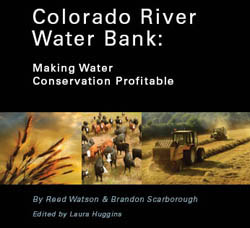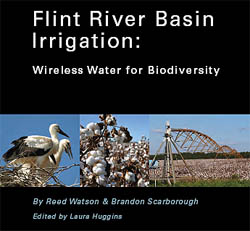by Laura Huggins Writing in today’s National Review Online, Jonathan Adler describes why traditional environmentalists are experiencing a reckoning of sorts, building upon Walter Russell Mead’s recent criticism of the environmental movement: Mead argues that the environmental movement has become a victim of its own success. Environmentalists began as progressive Davids taking on industrial Goliaths. Now, however, the established environmental movementContinue reading “Where Environmentalism Went Wrong”
Author Archives: admin
Growing Trees for Health Care
by Shawn Regan More than 60 million acres of family forest land is owned by people who intend to sell or transfer their land in the near future. Many of these owners want to pass their land on to the next generation but often liquidate their timber out of fear and uncertainty surrounding health careContinue reading “Growing Trees for Health Care”
The Great Plains: Tragedy or Triumph?
Entrepreneurs are capitalizing on ecotourism and environmental amenities to transform an agricultural economy into a nature-based economy.
Banking for Water on the Colorado
by Reed Watson The second case study in PERC’s Water as a CropTM series features the Colorado River Water Bank, a market-based policy proposal that could improve Colorado’s long-term water security. As the case study explains, the Colorado River Compact obligates the state of Colorado and other Upper Basin states to leave a certain amountContinue reading “Banking for Water on the Colorado”
Common property, information, and cooperation:
This research empirically investigates cooperative behavior in a natural resource extraction industry in which the provision of a public good (bycatch avoidance) in the Alaskan flatfish fishery is essential to the duration of the fishing season, and an information provision mechanism exists to relay information to all individuals.
Entiat River Habitat Farming: Trading Fruit for Fish
The Habitat Farming Enterprise Program may be able to restore three endangered and threatened fish species to the Columbia River where millions of dollars from government agencies and conservation groups have failed.
Colorado River Water Bank: Making Water Conservation Profitable
Using a market based approach, urban areas in Colorado can buy water consumption rights from ranchers. This water banking approach is a cost-effective means to water conservation.
Flint River Basin: Wireless Water for Biodiveristy
In drought plagued southwestern Georgia, conservation groups paid farmers to save water for streams by employing more efficient irrigation and wireless technology to measure soil moisture.
Seeing the Light on Energy Efficiency
by Pete Geddes The excellent Roger Pielke Jr. asks: Advances in efficiency might presage greater energy consumption?! Yep. Here’s how it works: Common sense tells us that increasing energy efficiency reduces energy use. But this is not so. William Stanley Jevons first identified this paradox in his 1865 book, The Coal Question. Jevons observed thatContinue reading “Seeing the Light on Energy Efficiency”
The waste of recycling
In most cases, recycling is a profligate use of natural and human resources.
